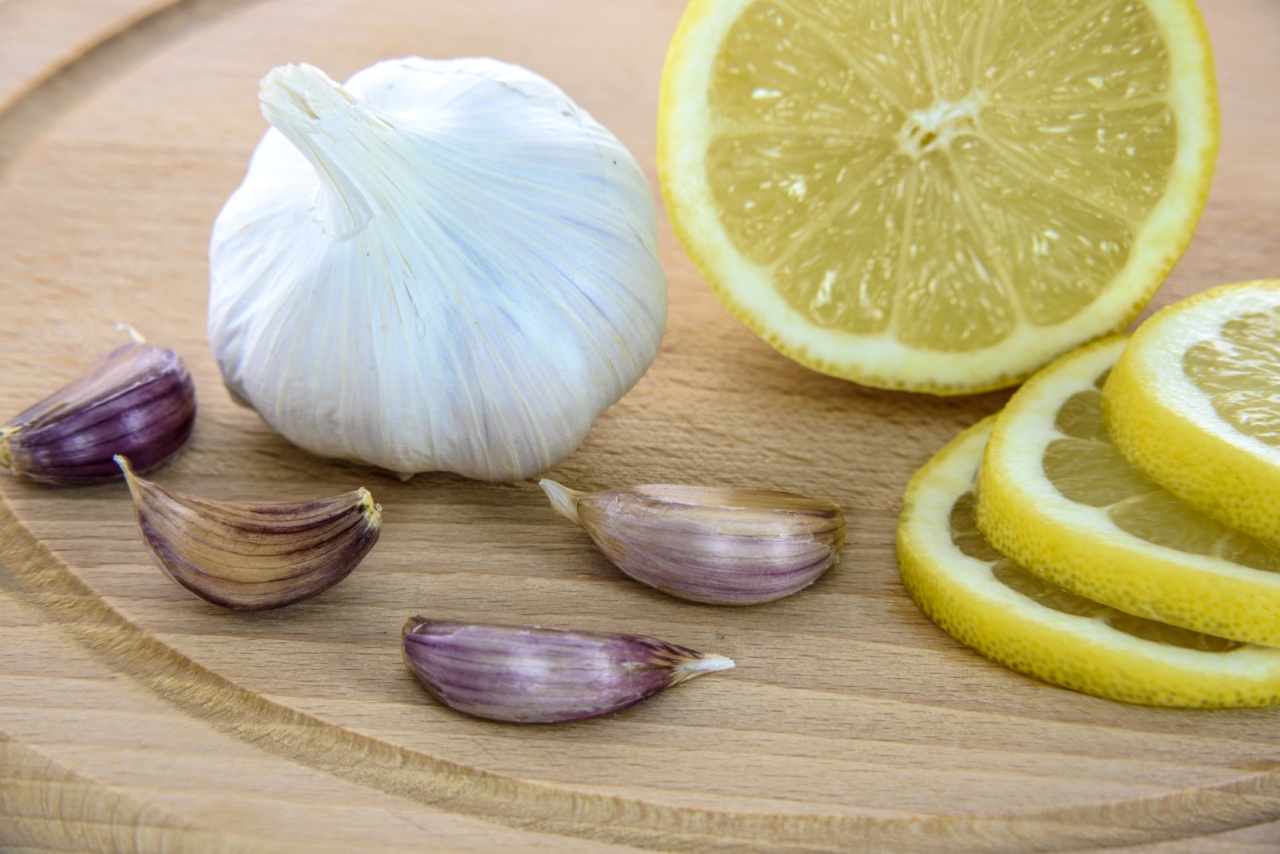When it comes to maintaining good health, a balanced diet is crucial. Including plenty of vegetables in your meals is a common recommendation for overall well-being.
However, it is important to be aware of the potential interactions between certain vegetables and medications you may be taking.
1. Grapefruit and Citrus Fruits
Grapefruit and citrus fruits contain compounds that can interfere with the effectiveness of various medications.
These compounds block enzymes in the small intestine responsible for breaking down certain drugs, leading to higher levels of medication in the bloodstream. This increased concentration can potentially result in adverse drug reactions or heightened side effects.
2. Leafy Greens and Blood Thinners
Vitamin K, which is abundant in leafy green vegetables such as kale, spinach, and broccoli, plays a crucial role in blood clotting. If you are taking blood-thinning medications, it is important to maintain a consistent intake of vitamin K-rich foods.
Sudden changes in vitamin K intake can affect the effectiveness of blood thinners.
3. Cruciferous Vegetables and Thyroid Medication
Cruciferous vegetables like cabbage, broccoli, cauliflower, and Brussels sprouts contain compounds known as goitrogens. These substances can interfere with thyroid function and the absorption of synthetic thyroid hormone medications.
If you have an underactive thyroid or are taking thyroid medication, it is advisable to moderate your consumption of cruciferous vegetables.
4. St. John’s Wort and Antidepressants
St. John’s Wort is a popular herbal supplement used to alleviate symptoms of mild to moderate depression.
However, it can interact with certain antidepressant medications, such as selective serotonin reuptake inhibitors (SSRIs) and monoamine oxidase inhibitors (MAOIs). These interactions can lead to an increased risk of serotonin syndrome, a potentially dangerous condition.
5. Garlic and Blood Thinners
Garlic has been associated with blood-thinning properties, which can be beneficial for cardiovascular health.
However, if you are already taking blood-thinning medications, such as warfarin, excessive garlic consumption can increase the risk of bleeding. It is crucial to discuss garlic supplementation with your healthcare provider to ensure appropriate dosing.
6. Tomatoes and Anticoagulants
Tomatoes are a rich source of vitamin K1, which helps in blood clotting. If you are on anticoagulant medications like warfarin or heparin, it is important to maintain a consistent intake of vitamin K to avoid fluctuations in blood clotting factors.
Including tomatoes in moderation is generally safe, but consult your doctor for personalized recommendations.
7. Cranberry Juice and Certain Antibiotics
Cranberry juice is often used to prevent urinary tract infections (UTIs) due to its potential to inhibit the adhesion of bacteria to the urinary tract walls.
However, it may interact with certain antibiotics, such as ciprofloxacin and sulfamethoxazole-trimethoprim, affecting their effectiveness. If you are prescribed antibiotics, consult your healthcare provider before consuming cranberry juice or supplements.
8. Spinach and Calcium Channel Blockers
Calcium channel blockers are commonly prescribed to treat high blood pressure and certain heart conditions.
Spinach, although a nutrient-rich vegetable, contains high levels of potassium, which can potentially interfere with the action of these medications. It is advisable to be mindful of your spinach intake if you are on calcium channel blockers.
9. Green Leafy Vegetables and Warfarin
Warfarin is an anticoagulant medication commonly prescribed for preventing blood clots. Green leafy vegetables, while generally healthy, are also rich in vitamin K, which can counteract the effects of warfarin.
It is essential to maintain a consistent intake of vitamin K-containing foods and work closely with your healthcare provider to ensure appropriate warfarin dosing.
10. Licorice Root and Blood Pressure Medication
Licorice root, a popular herbal remedy, may interact with certain blood pressure medications, such as diuretics and ACE inhibitors. It can increase potassium levels and decrease the effectiveness of these medications.
If you consume licorice root or its supplements regularly and take blood pressure medications, consult your healthcare provider for tailored advice.
Conclusion
While vegetables are generally considered beneficial for overall health, it is important to be informed about potential interactions with medications.
Always consult your healthcare provider or pharmacist to determine if any specific vegetables may interfere with your medications. Maintaining open communication regarding your diet and medication regimen is essential for achieving the best possible outcomes for your health.





























